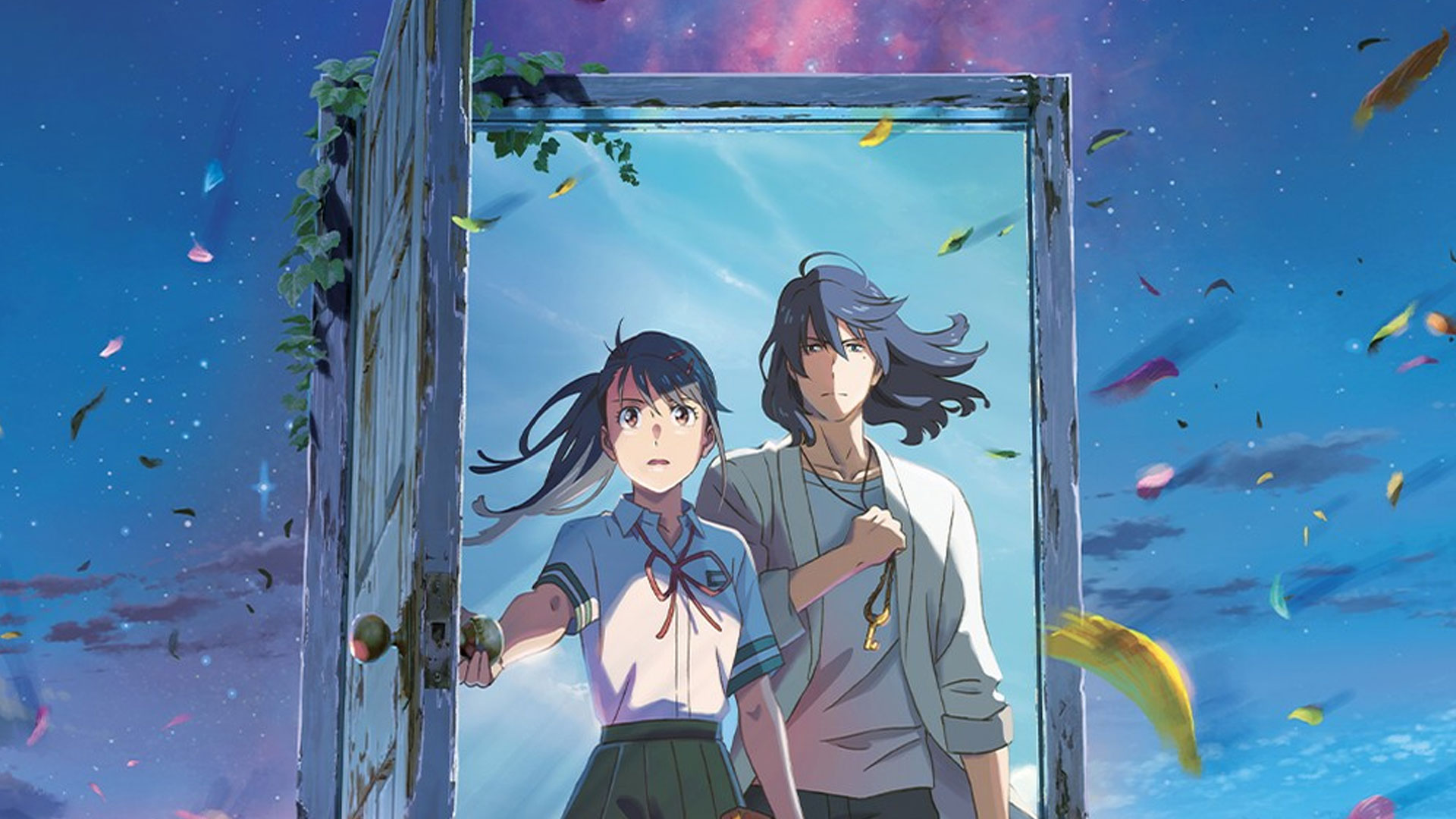Why did this movie become so successful worldwide?
Summary:
- Makoto Shinkai's Suzume became an international success.
- The market research says it's due to the success of his previous works, as well as other anime released in theaters worldwide.
- Proper partnership with companies that know local audiences is also a key to success.
Usually, the production companies have special teams that decide which product would be successful with which audience. But sometimes unpredictable things happen, and in Suzume's case such an unpredictable thing was its international success. The movie sold more than 47 million tickets worldwide, participated in a Berlin festival, and gained a huge following.
We're lying here: Suzume's success wasn't entirely unpredictable. There were reasons for it, as Sunami Kazuki, MD of producer CoMix Wave Films, says. He believes that Suzume should thank for its success "the growing performance of director Makoto Shinkai’s previous movies" and the general growth of the popularity of anime and Japanese culture. Also he states that things that paved the way for Suzume are Demon Slayer (Kimetsu no Yaiba) and its massive theatrical release and Studio Ghibli movies.

But at first Sunami and his company didn't think that Shinkai's works would appeal to non-Japanese audiences. The first success was The Garden of Words (Kotonoha no Niwa), a 2013 movie that was originally released only for the local market, but then was brought to China after becoming a box office success. South Korea and India also became strong markets for Shinkai's theatrical releases, with Weathering With You (Tenki no Ko) becoming the first release in India.
As Sunami says, anime and live action have different audiences, so the usage of proper partners for international releases who know their audiences is crucial. For example, in China they chose a company who previously released My Hero Academia (Boku No Hero Academia) for their market, and the same happened in South Korea and India. For the Western release they partnered with Eurozoom, Wild Bunch and Sony — their logos were on the PR materials for the movie in Cannes. And the more they release the movies in the West, the more they understand the audience.
The story that follows the aftermath of a Japanese natural disaster and a girl chasing a cat across the country accompanied by a three-legged chair seems ridiculous at first, but it was able to resonate with the hearts of people all over the globe. And although some people may find the story wacky, the animation and the music create a completely engulfing feeling that is great to experience on the big screen. There is, however, a question of Shinkai relying on repetitive topics and character traits, but that will be answered with his newest release sometime later.
Source: Variety

